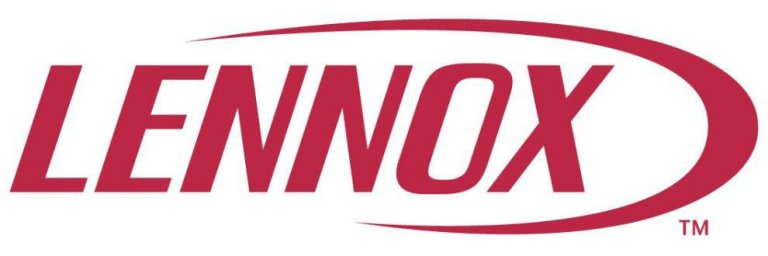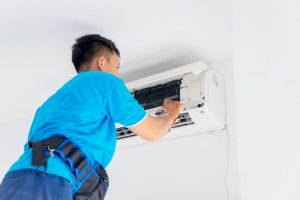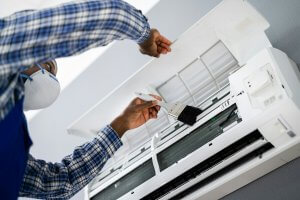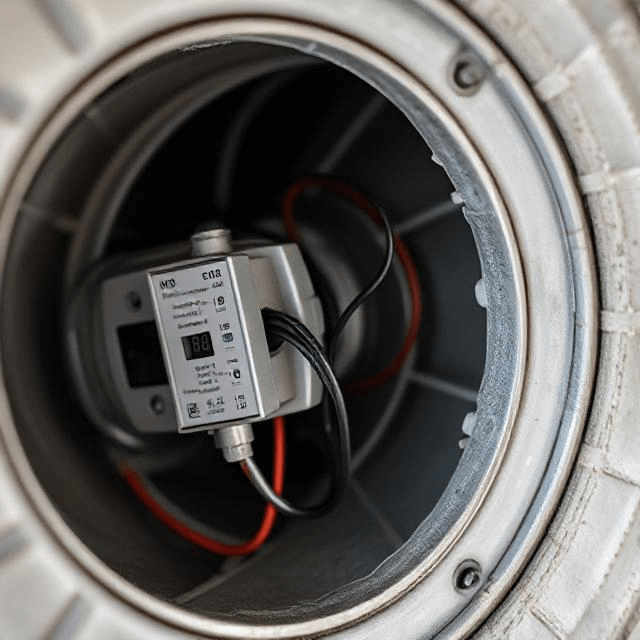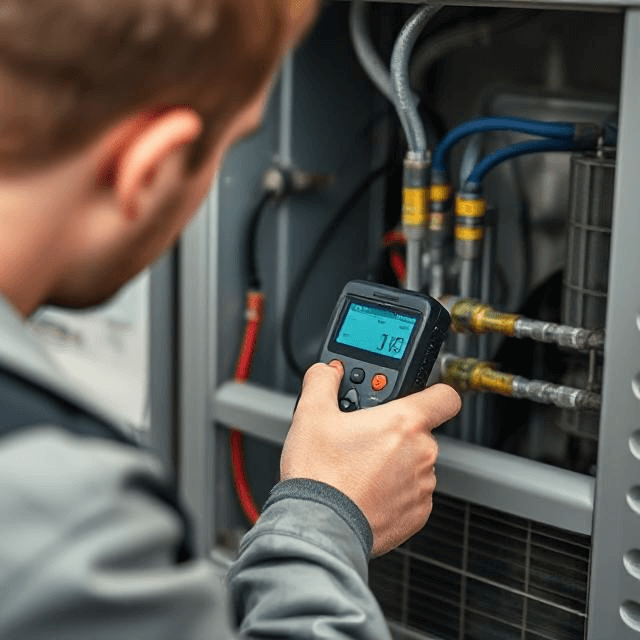In today’s eco-conscious world, energy management is not just about saving money—it’s also about sustainability. Effective energy management reduces environmental impact, decreases energy expenses, and increases property value.
Both homeowners and businesses can benefit significantly from implementing energy-efficient practices.
In this detailed guide, Season Control HVAC discusses practical tips and strategies for mastering energy management. Let’s ensure your home or business operates more efficiently and sustainably.
Understanding Energy Management
Energy management involves monitoring, controlling, and conserving energy within an organization or household. The goal is to optimize energy usage to achieve cost savings and minimize environmental effects, all while maintaining comfort and productivity.
Energy Management Tips for Homeowners
Conduct a Home Energy Audit
Begin with a comprehensive home energy audit to pinpoint areas for improvement. This audit can help you understand where your home is losing energy and what steps you can take to improve efficiency.
Professional auditors can provide detailed insights and recommend specific upgrades.
Seal and Insulate
Sealing air leaks and improving insulation are cost-effective measures to enhance energy efficiency. Focus on common areas of air leakage, such as windows, doors, attics, and basements.
Proper insulation helps to maintain a consistent indoor temperature, reducing the strain on heating and cooling systems.
Upgrade to Energy-Efficient Appliances
When it’s time to replace old appliances, opt for Energy Star-certified models. These appliances use less energy than standard models and can save you money on utility bills while reducing your home’s overall energy consumption.
Install Programmable or Smart Thermostats
A programmable or Wi-Fi thermostat allows you to set the temperature based on your schedule, reducing the energy used when you are away or asleep. Smart thermostats go further by learning your habits and adjusting settings automatically to optimize energy usage.
Use LED Lighting
Replace incandescent bulbs with LED bulbs, which use at least 75% less energy and last 25 times longer. This simple switch not only saves energy but also decreases the need for frequent bulb replacements.
Implement Solar Energy
Consider installing solar panels to reduce reliance on grid electricity. Solar energy can significantly lower electricity bills, provide tax incentives, and offer a clean, renewable power source.
Water Heating Efficiency
Water heating is a major energy expense. You can reduce this cost by lowering the water heater temperature, insulating it, or upgrading to a more efficient model. Consider solar or tankless water heaters for greater savings.
Maintain Heating and Cooling Systems
Regular maintenance of your HVAC system is essential to ensure it operates efficiently. This includes cleaning or replacing filters, checking ductwork for leaks, and having a professional service your system annually.
Optimize Window Efficiency
Energy-efficient windows can help reduce heating and cooling costs by better insulating your home. If replacement isn’t an option, improve the efficiency of existing windows with treatments or films that reduce heat loss and entry.
Landscape for Energy Savings
Strategic landscaping can provide natural wind protection in the winter and shade during the summer, naturally moderating your home’s climate and reducing the need for heating and cooling.
Regular Energy Audits for Optimal Energy Management
Regular energy audits maintain optimal energy efficiency in both homes and businesses. These audits assess energy use and identify opportunities to improve efficiency and reduce costs.
By conducting these audits periodically, property owners can avoid potential issues, such as outdated equipment or insulation degradation, before they escalate into costly problems.
An energy auditor will provide a detailed report with recommendations for improvements, such as upgrading appliances, sealing leaks, or adjusting energy consumption behaviors. Acting on these recommendations ensures ongoing savings and helps sustain a commitment to environmental stewardship.
Final Words: Securing a Sustainable Future
Mastering energy management is a strategic approach that lowers utility costs and boosts environmental sustainability. By implementing the abovementioned practices, homeowners and businesses can enhance energy efficiency, reduce their carbon footprint, and achieve substantial cost savings.
Adopting a proactive stance on energy conservation ensures that you are part of a greener, more sustainable future.
Contact Season Control HVAC for professional HVAC maintenance and personalized advice on optimizing your energy management strategies.
Let us help you make your home or business more energy-efficient and environmentally friendly.
